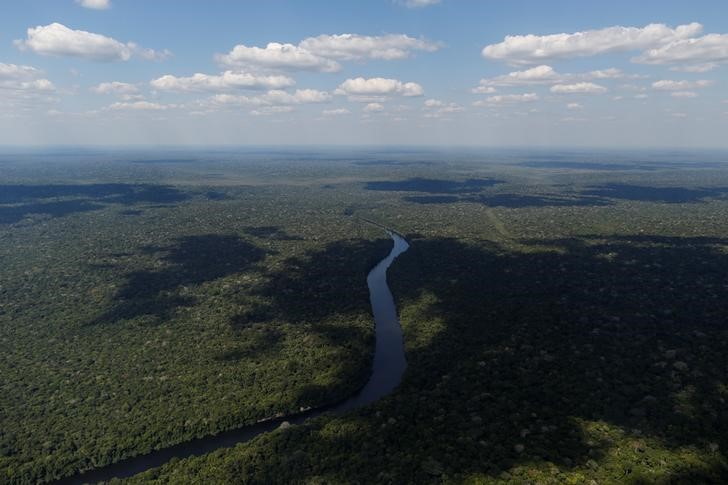(Corrects Davies' designation in para 5 to coordinator from founder, and adds dropped word in para 11.)
By Angie Teo and Joyce Zhou
BOMADERRY, Australia Jan 21 (Reuters) - Janine Davies lifts out a three-week-old baby flying fox from its makeshift home of a towel draped over a rack in her bathroom and gently feeds it milk using a tiny bottle.
Like any mother of a newborn, Davies is running on little sleep as she cares for around 50 grey-headed flying foxes that have lost both their mothers and homes to Australia's huge bushfires.
The mammals, also known as fruit bats, are hugely important to the country's forests as they disperse seeds and pollinate many tree species, including eucalyptus, the sole food source of koalas.
Already threatened by deforestation and a dwindling population, the flying foxes are classified as a "vulnerable" species under Australia's Environment Protection and Biodiversity Conservation Act.
"Without this night time pollinator, our eucalyptus forests are going to suffer and ultimately die," Davies, the coordinator for Shoalhaven Bat Clinic and Sanctuary, told Reuters before placing one of the youngest of her brood into a hospital-grade incubator in her kitchen.
"That means that other species, such as our koalas, possums, birds and insects, anything that inhabits a eucalyptus forest, will suffer."
With its wingspan spreading up to one metre (3.28 ft), the flying fox can travel up to 50 kilometres (31 miles) and is one of the biggest bats in Australia - making it a champion pollinator.
Orphaned babies are fed a specially formulated high-protein, low-energy milk via customised bottles and teats, which helps promote lean muscle growth for flight.
Davies, whose coastal home is about 156 kilometres (96.93 miles) south of Sydney, said she has rescued five times more bats in the past three months than over the same period a year ago as bushfires have raged through their habitat.
At one stage, she had to farm out some of the 300 bats she had rescued as she could not keep up the demanding feeding schedule.
"We had many, many sleepless nights," she said, as some of her charges climbed in an aviary in her backyard.
The Australian government earlier this month launched a A$50 million ($34.38 million) wildlife recovery programme focusing on the survival of the country's iconic native animals, particularly the koala.
"I was shocked that all the area I collect blossoms for these little guys is gone, it's nothing but burnt sticks," said Davies. "That is going to be our next problem. Is there going to be enough food for the species to survive?"
($1 = 1.4543 Australian dollars)
